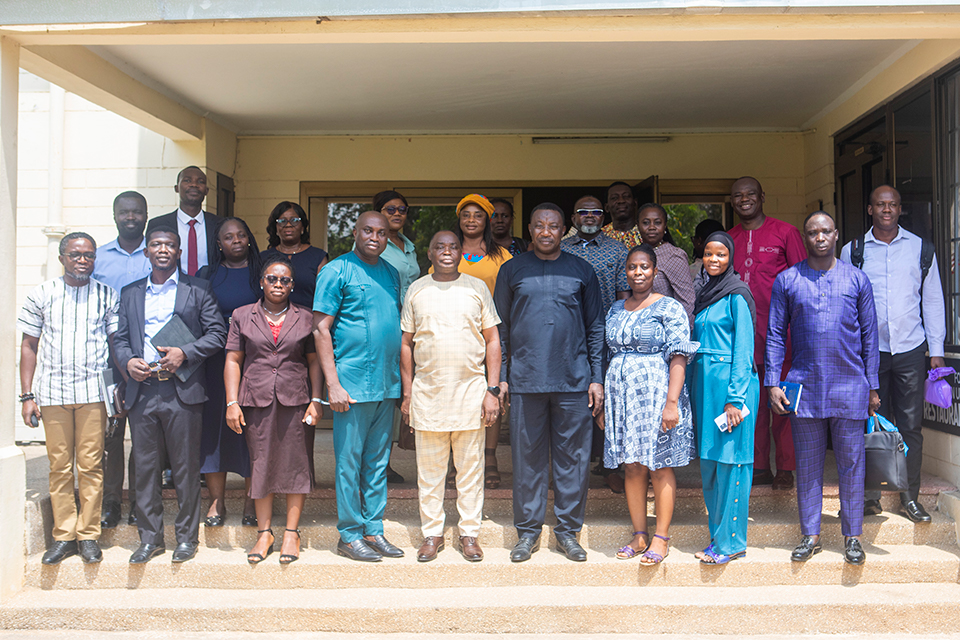SGS-UEW Organises Training Workshop for Academic Heads and Faculty Officers
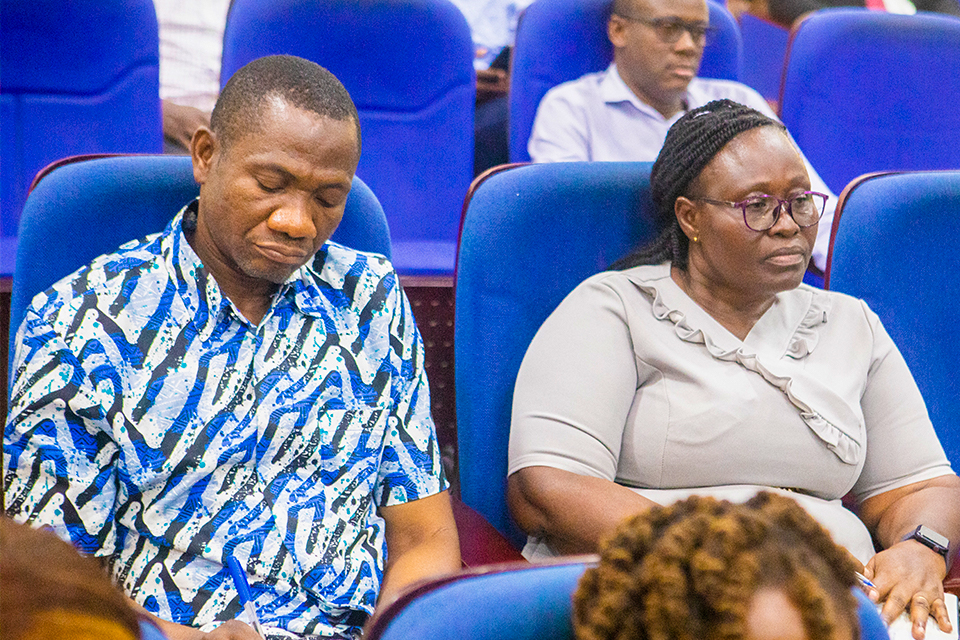
The School of Graduate Studies (SGS) at the University of Education, Winneba (UEW), has organised a training workshop for academic heads and faculty officers.
The workshop, aimed to enhance the capacity of participants in postgraduate training, took place at the North Campus Mini-Conference Room on Monday, 17th February, 2025.
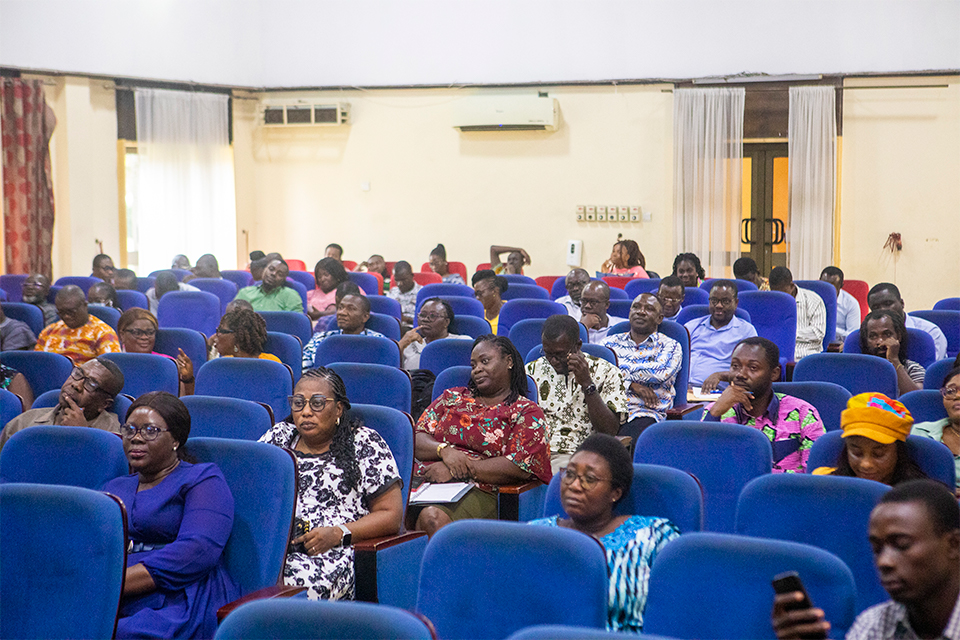
It brought together deans, heads of department, graduate coordinators, and faculty officers from various faculties and schools within the university. The primary objective of the workshop was to equip participants with the necessary knowledge and skills to effectively manage postgraduate programmes.
During the workshop, participants were taken through insightful presentations on topics such as policies and guidelines on postgraduate studies, expectations of the SGS from academic heads and faculty officers on general administration and financial administration.
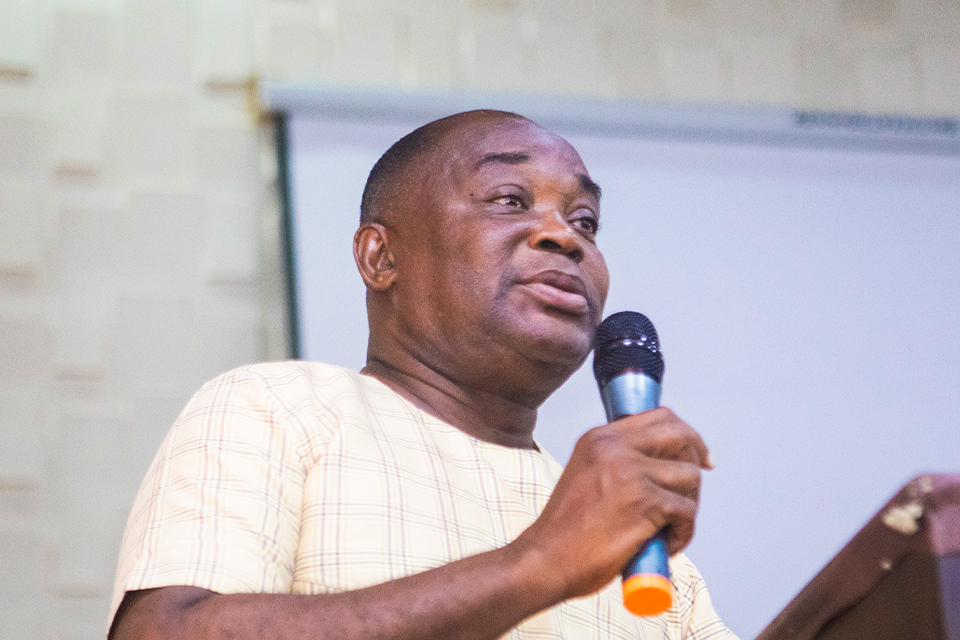
Prof. Samuel Kwesi Asiedu-Addo, former Dean of SGS and chairman of the workshop, called for improved collaboration and effective implementation of policies to enhance the quality of graduate education. He stressed the importance of revisiting and adhering to established policies, urging new administrators to familiarise themselves with institutional guidelines to ensure effective operations.
Prof. Asiedu-Addo highlighted the progress made in financial management and other administrative processes, applauding the Vice-Chancellor and Dean for their leadership. He also shared personal reflections on the importance of teamwork and collaboration, drawing from his experience as the Dean of the Faculty of Science Education. He recounted how a joint effort with a colleague led to the successful launch of a faculty journal, underscoring the value of working selflessly for the greater good.
Addressing challenges in thesis examination and timely graduation of students, Prof. Asiedu-Addo praised the new policy allowing students to submit their theses immediately after completing corrections, a move expected to reduce delays. However, he stressed the need for internal examiners to ensure thorough and timely reviews to maintain academic standards.
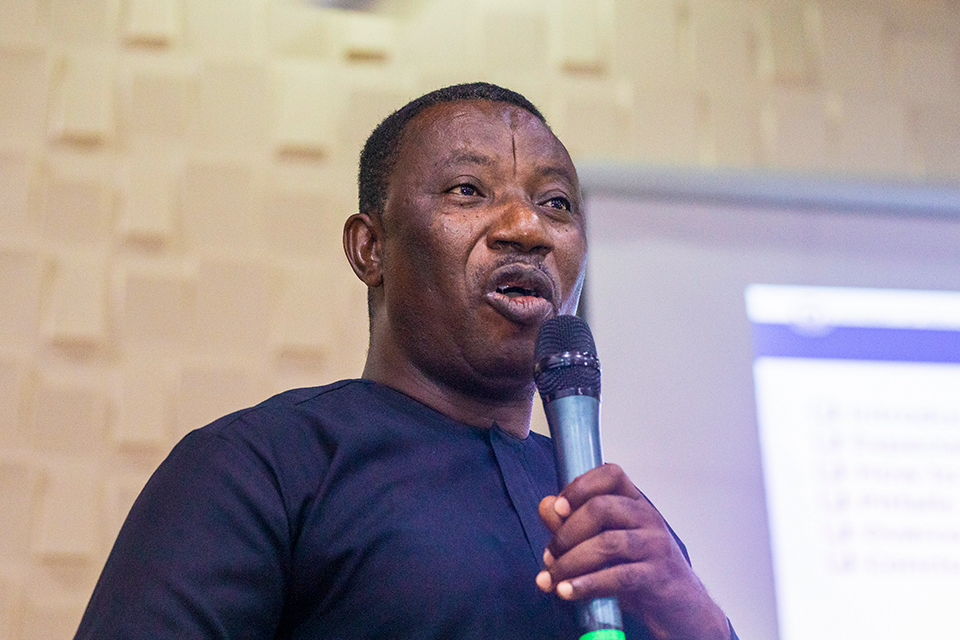
Prof. Awaisu Imurana Braimah, Dean of SGS, underscored the importance of collaboration, effective leadership and adherence to policies in postgraduate training, noting that the SGS acts as a coordinator rather than the sole entity responsible for postgraduate education. He clarified that 95% of the training should be conducted by faculties and departments, with the SGS playing a supportive role. He urged faculty officers and HoDs to take ownership of postgraduate training and resolve issues at the departmental level before escalating them to the SGS.
On the topic of supervision, Prof. Braimah reiterated the need for qualified advisors and supervisors, emphasising that only those with the requisite qualifications should be appointed. He warned against the practice of appointing unqualified supervisors, including faculty members who are still pursuing their own postgraduate degrees, as this undermines the quality of supervision and violates university policies. He also highlighted the challenges associated with delays in submitting examination reports and claims for external examiners.
The SGS Dean further emphasised the importance of mentorship and leadership in postgraduate training. He encouraged academic heads and faculty officers to provide guidance and support to students, ensuring that they meet academic requirements and deadlines. He also called for transparency and fairness in handling student issues, warning against favouritism or bias in decision-making.
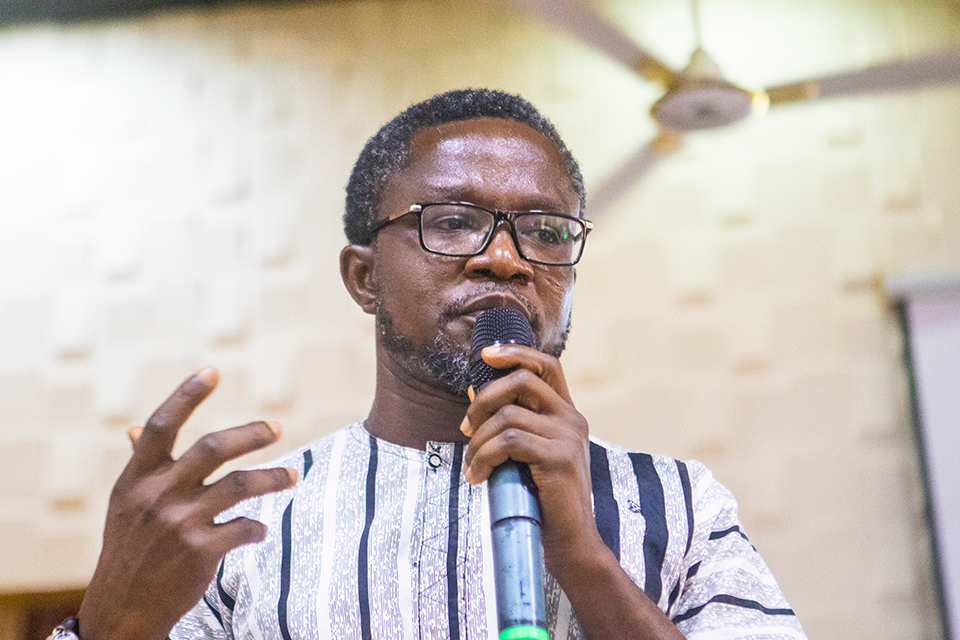
Prof. Akwasi Kwarteng Amoako-Gyampah, Vice-Dean of SGS, expressed concern over delays in the submission of recommended applicants by departments, which often result in avoidable bottlenecks in the admission process. He emphasised the need for departments to expedite the review and recommendation of qualified candidates to ensure a seamless process and prevent any misconceptions regarding the role of the SGS in these delays.
Prof. Amoako-Gyampah addressed the issue of excessive supervision loads, noting that some faculty members are supervising an unsustainable number of PhD students. He acknowledged that while the policy limits supervisors to a maximum of five students, the current reality makes this difficult to enforce. However, he urged departments to work towards balancing supervision loads to maintain the quality of research guidance.
The SGS Vice-Dean also touched on the extension of study periods for postgraduate students. He explained that while extensions are allowed, they come with financial implications, and students must follow the proper procedures to request them. He cautioned against the practice of students going into "hibernation" and reappearing years later without formal extensions, which creates administrative challenges.
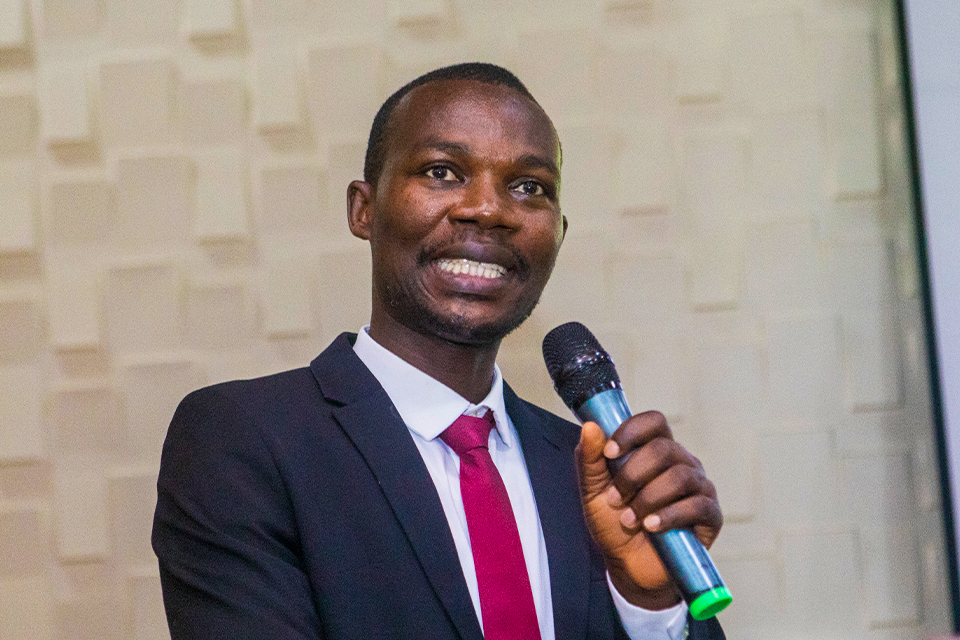
Mr. Prince Hamah Forson, accountant at SGS, highlighted critical issues in claim processing, emphasising the importance of adherence to legal and regulatory frameworks to ensure financial integrity and operational efficiency.
Mr. Forson highlighted several key provisions, particularly Section 78 of the Public Financial Management Regulation, which imposes obligations on spending officers to ensure the validity, accuracy, and legality of claims. He stressed that spending officers must verify that services had been rendered, documentation was complete, and sufficient budget allocations existed before processing payments. Failure to comply with these regulations, he warned, could result in severe penalties, including imprisonment and fines.
The workshop is part of the SGS' efforts to enhance the quality of postgraduate education at UEW. The SGS aims to ensure that postgraduate programmes are effectively managed and delivered to meet the highest standards of quality and excellence by building the capacity of academic heads and faculty officers.
